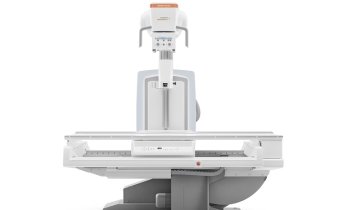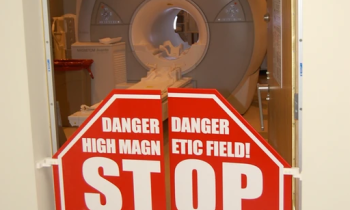Professor warns of despondency among specialist nurses
Surgery generates between 25-40% of hospital revenues, and along with surgeons, specialist nurses are vital to the success of operating theatres. It is thus alarming to find that a survey of 600 theatre nurses has revealed that almost 50% of them would not choose the same profession again.

For the study, Professor Thomas Busse (above) and team at Faculty 4 - Social Work and Health, at the University of Applied Sciences in Frankfurt, Germany, distributed their OP barometer 2008 questionnaire to specialist surgery and anaesthetics nurses working in about 150 general hospitals. The questions, to be answered anonymously, focused on their working conditions and environment.
Prof. Busse noted their unexpectedly great willingness to carry out medical tasks (60%) and that 68.18% of the surgical nurses thought their overtime quota acceptable. However, the professor was alarmed to find the (perceived) strong increase in patient safety: Asked whether endangerment to patients had increased since the introduction of DRGs, almost 60% of respondents answered ‘Yes’. They also perceived a massive deterioration in patient care. Only 40.07% of respondents thought they have enough time for patient care.
Although 65% of respondents are currently happy with their jobs, the level of contentment decreases in proportion with the increasing size of surgical departments. Respondents who had worked the longest in surgery were clearly more content than those who were fairly new to the job. Asked whether they would choose the same career again 46.77% of the nurses ticked ‘No’.
Surgical departments should improve the training and motivation of new staff better Prof. Busse concludes, adding that this should equal the rate at which central surgical units increase in size. ‘Without qualified and motivated, functional, surgical care,’ he warns, ‘even the best surgeons will find their jobs more difficult in the future.’ Further OP barometers are planned, he added. ‘We intend to make this an annual questionnaire so that we can show developmental trends. 50 new hospitals have already registered for participation in 2009. We also plan to extend the questionnaire to Switzerland and Austria.’
01.05.2009









